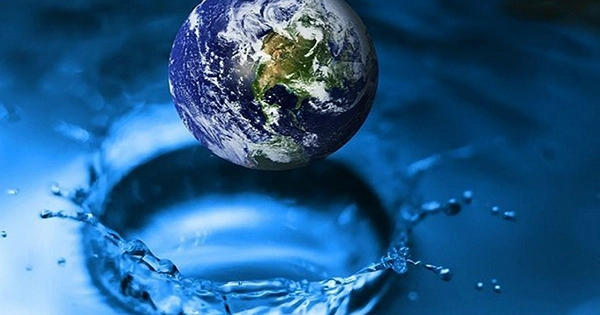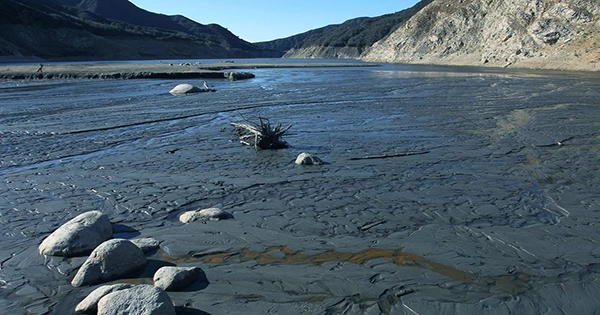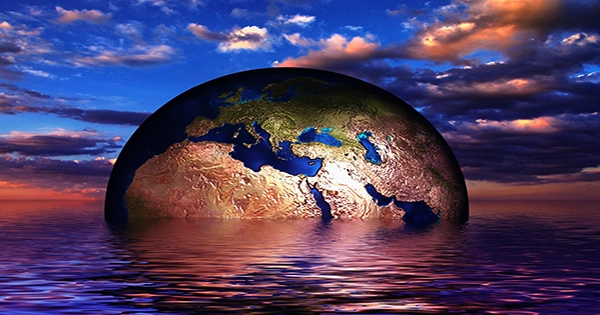Water scarcity is poised to become one of the world’s most pressing issues in the next decades. Freshwater scarcity is on the rise around the world, spurred by irresponsible use, pollution, population increase, and accelerating climate change. But could it actually reach a point where there is no more water?
In a nutshell, the world will not run out of water. However, it is becoming clear that freshwater will not always be available where and when humans use it.
There is no danger of running out of salty saltwater, which covers 70% of our planet’s surface. The problem is with freshwater, which we drink, bathe in, and use for farming. This reservoir of usable freshwater accounts for only 3% of the world’s water, with the vast majority trapped in ice or frozen glaciers.
Climate change is clearly increasing the frequency and intensity of droughts, which is a major contributor to the world’s water scarcity crisis.

Intensified farming is also sucking up an incredible quantity of water, accounting for over 70% of total water withdrawals. With the world’s population expected to climb over the next few decades, so will the demand for food – and hence water.
For many, the crisis has already arrived. According to a United Nations forecast for 2023, 2 billion people worldwide do not have access to safe drinking water. That equates to one-quarter of the world’s population.
In 2018, Cape Town served as a harsh example of what the future may hold for many towns. After years of excessive water consumption, bad management, and climate change, the South African city was warned that it could run out of water within months. Residents were warned to reduce their water consumption, take brief stop-start showers, avoid washing their automobiles, and flush toilets as little as possible.
Fortunately, “Day Zero” – the date when the city was expected to run out of water – was avoided, but Cape Town’s plight could be a warning sign for other regions of the world.
According to a recent study, a number of large cities, including London, Tokyo, Miami, and Moscow, are potential hotspots of water scarcity. As usual, poorer communities and less prosperous sections of the world will face the brunt of the crisis.
As the world’s thirst for water grows, we should expect dramatic social and geopolitical changes in human life. Climate change and water scarcity, according to researchers, are increasing the possibility of water conflicts, in which states and groups compete for access to water. Similarly, it is anticipated that by the end of this decade, 700 million people will be relocated due to severe water scarcity, resulting in significant shifts in worldwide migration.
While it seems doubtful that all of the world’s taps would run dry, the world’s water troubles are set to worsen in the coming years.
















